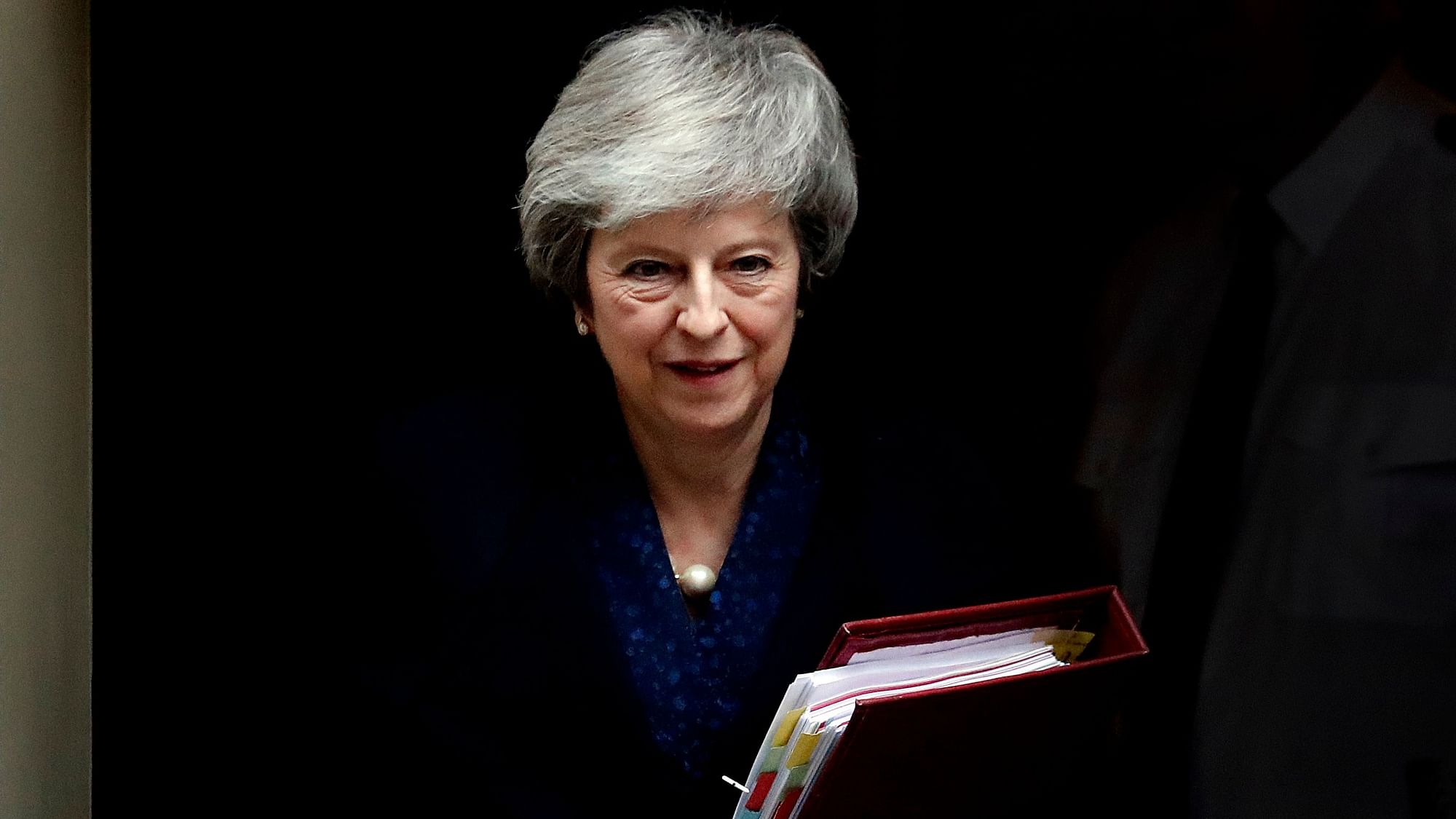Theresa May Suffers Defeat in Valentine’s Day Brexit Rebellion
May lost the indicative motion in the House of Commons, with 303 MPs voting against it and 258 for it.

It was being dubbed as the Valentine's Day revolt as British Prime Minister Theresa May faced the prospect of another parliamentary bruising during a Brexit vote in the House of Commons on Thursday, 14 February.
She lost the indicative motion in the House of Commons, with 303 MPs voting against it and 258 for it.
British MPs began debating the future course for Britain exit plans from the European Union (EU) in the Commons, with a vote on the government motion sealing yet another parliamentary defeat for the British PM over Brexit.
May’s 10th Defeat in House of Commons
Hard Brexit MPs had threatened to vote against or abstain in order to defeat the motion, which they feel indicates a no-deal Brexit is being taken off the table as a negotiating tactic with Brussels.
They chose to abstain during the Thursday evening vote, making this Theresa May's tenth defeat in a House of Commons vote since becoming Prime Minister in the wake of the Brexit referendum in June 2016.
The government's motion was an indicative rather than a binding vote on Parliament, effectively reiterating support "for the approach to leaving the EU expressed by this House on 29 January 2019".
May has promised to return to the Commons on 26 February with a further statement triggering another debate and votes the following day if a deal has not been secured by that date.
The EU has continued to say it will not renegotiate that withdrawal agreement and with just 42 days to go before the March 29 exit deadline, both sides are trying to reach some sort of a compromise to avert a chaotic no-deal crash-out of the UK from the economic bloc.
(At The Quint, we are answerable only to our audience. Play an active role in shaping our journalism by becoming a member. Because the truth is worth it.)